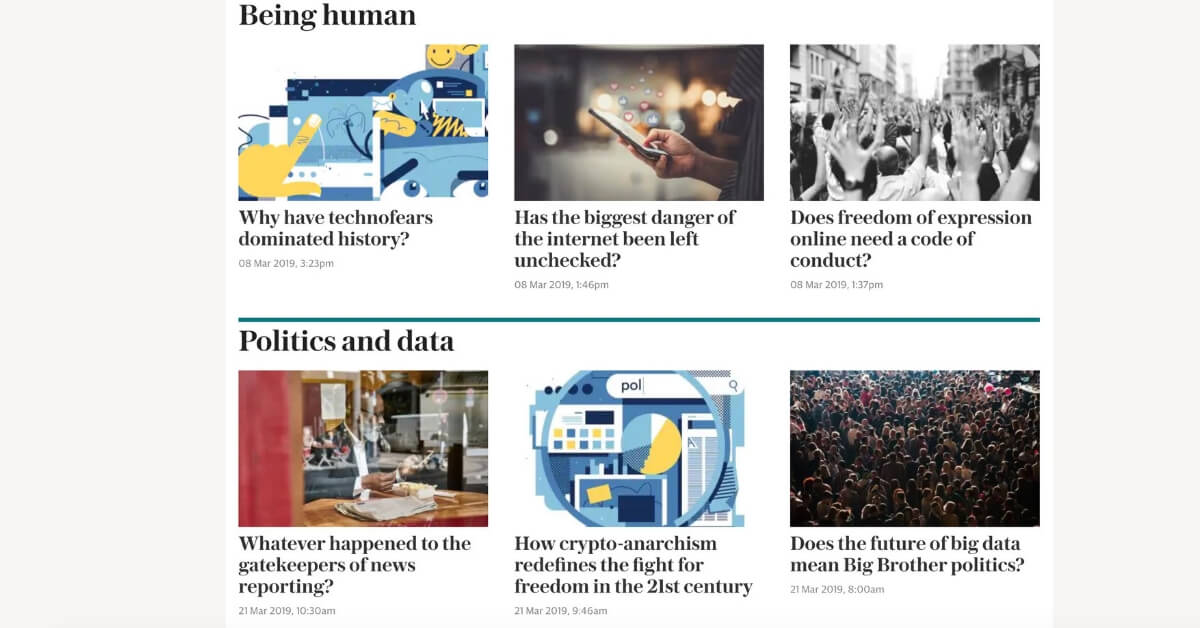How do you offer a product, say a social media service that “connects the whole world” – while maintaining a huge disconnect from the whole world? Bring people “closer together” – but keep them and their legitimate concerns about your business at arm’s length? Perhaps we should ask Facebook. In fact, it turns out, Facebook has been telling us.
The truth about the way the tech giant perceives itself, and the criticism coming heavily its way from every corner, is somewhere in the pudding of about two dozen stories published by the Daily Telegraph in that golden media format: “sponsored content.”
Business Insider has a lengthy story about this, wading through the “puff pieces” designed to deflect and pacify, and focusing, like Facebook has done in this damage control attempt, on things like “terrorist content, online safety, cyberbullying, fake accounts, and hate speech.”
But it doesn’t really address the fundamental issue: why is Facebook even capable of doing so much damage in some of these areas? And the reason is the company’s business model at whose core is unscrupulous collection and selling of personal data of users, and storing and managing this data in reckless ways that are coming to light almost every day.
While Business Insider calls reaching for “sponsored content” a “novel solution” – it really isn’t. It’s a euphemism for ads masquerading as legitimate journalism, and it has been around for a good while.
At least Facebook, and its British media host are pretty transparent about it: There’s a visible “advertisement feature by/brought to you by Facebook” disclaimer under each headline. And it’s obvious that the two companies have “teamed up” to explain technology to you, tell you that there are problems, but it will all turn out fine, and make you love Facebook all over again.
It’s a tall order. Between politicians wanting to break the company up, regulators pushing it to police the content of its billions of users in pretty much real time, security breaches, and everyone and their dog proudly announcing they are, or would be deleting their account – blood is in the water.










